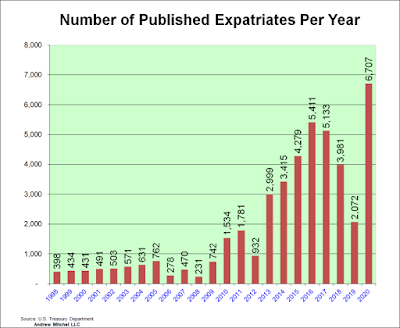According to Law360, ample proof exists that a woman willfully failed to report her multimillion-dollar Swiss bank accounts to the Internal Revenue Service, justifying a $4.1 million penalty against her, the U.S. government told a New York federal court, in U.S. v. Marika Katholos, case number 1:17-cv-00531.
Marika Maraghkis Katholos disregarded tax form instructions, failed to seek professional advice and set up the bank accounts to skirt federal law requiring her to file a report of a foreign bank account, the government said Friday. Her actions justify the higher penalty ascribed for willful failure to file, the government said, moving for summary judgment.
Katholos set up two UBS bank accounts in Switzerland in 2003 and 2005 and took steps to conceal them, the government said. On bank forms, Katholos checked boxes indicating she was not a U.S. or dual citizen, according to the U.S. government. She arranged to identify the accounts by number, not name, and agreed for the bank to hold her correspondence instead of mailing it to her, the government said.
She then formed a foundation in Liechtenstein and transferred the account funds into it, according to the government. Katholos said the account was set up for her father, whom she consulted. Despite this, she presented no evidence that the bank or foundation needed her father's signature or verbal approval to act on the account, the government said.
These actions establish a pattern of concealment and or reckless indifference toward FBAR obligations, the U.S. government said. That is sufficient for the court to grant summary judgment as to her willfulness, it said.
The government also asked the court to dismiss the affirmative defenses Katholos raised. She claimed that the maximum FBAR penalty is $100,000, but failed to mention Congress in 2004 increased it for willful failure to half the amount in a bank account, the U.S. government said. The IRS may not have updated its regulations to reflect this, but numerous courts have held that they have been superseded by the 2004 action, according to the government.
Katholos also claimed that the IRS did not follow the Internal Revenue Manual when penalizing her, exceeded the statute of limitations and violated the Eighth Amendment restrictions on excessive fines. Katholos does not identify specific violations of the manual, voluntarily signed an agreement extending the statute and contradicts legal precedent upholding the constitutionality of FBAR penalties, the government argued.
Last month the U.S. opposed a motion by Katholos to dismiss the case on the grounds that the U.S. Tax Court had already ruled that she owed no taxes on her 2007 and 2008 returns. The issues in the Tax Court case are distinct from those in the FBAR case, the government said, objecting to a witness for Katholos on the grounds that the testimony would be inadmissible.
Read more at: Tax Times blog
















